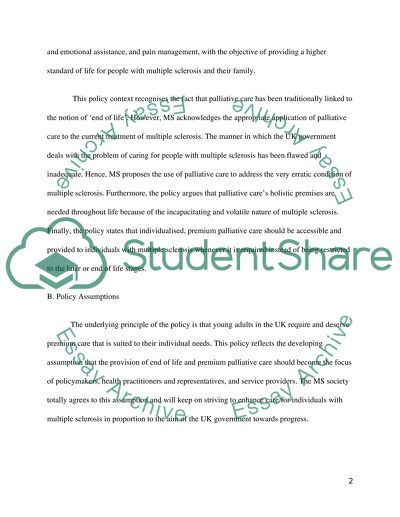Cite this document
(“Palliative Care Policy for Multiple Sclerosis Essay”, n.d.)
Retrieved de https://studentshare.org/health-sciences-medicine/1429169-palliative-care-policy-for-multiple-sclerosis
Retrieved de https://studentshare.org/health-sciences-medicine/1429169-palliative-care-policy-for-multiple-sclerosis
(Palliative Care Policy for Multiple Sclerosis Essay)
https://studentshare.org/health-sciences-medicine/1429169-palliative-care-policy-for-multiple-sclerosis.
https://studentshare.org/health-sciences-medicine/1429169-palliative-care-policy-for-multiple-sclerosis.
“Palliative Care Policy for Multiple Sclerosis Essay”, n.d. https://studentshare.org/health-sciences-medicine/1429169-palliative-care-policy-for-multiple-sclerosis.


